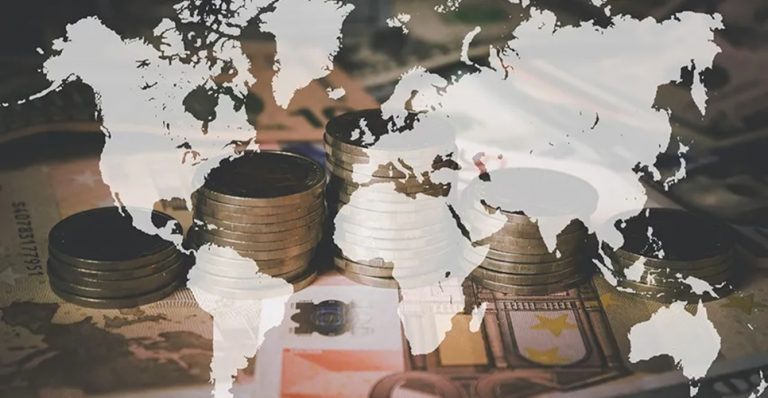
In the face of mounting economic challenges, Africa’s financial resilience has been put to the test. The continent’s economies, diverse and rich in potential, have encountered a series of unprecedented global and local shocks that have strained their financial systems. However, amidst this economic turbulence, there are lifelines and strategies being employed to navigate these troubled waters.
The African Economic Conference 2024, set to take place in Gaborone, Botswana, aims to address these very issues. Themed “Securing Africa’s Economic Future Amidst Rising Uncertainty,” the conference will explore practical strategies for building resilience, innovative development financing, and the role of technology in fostering stability.
One of the most pressing concerns for African economies is the risk of debt distress. With 23 African countries at high risk or already in distress, the need for a robust financial support system is critical. The International Monetary Fund’s allocation of Special Drawing Rights has provided some relief, but only a fraction of this global allocation has been directed towards Africa.
Register for Tekedia Mini-MBA edition 19 (Feb 9 – May 2, 2026): big discounts for early bird.
Tekedia AI in Business Masterclass opens registrations.
Join Tekedia Capital Syndicate and co-invest in great global startups.
Register for Tekedia AI Lab: From Technical Design to Deployment (next edition begins Jan 24 2026).
Innovative development financing plays a pivotal role in Africa’s economic growth, especially in the private sector and small to medium enterprises (SMEs). Here are some specific examples of innovative financing mechanisms that have been implemented across the continent:
Blended Finance Instruments: These are financial structures that combine capital with different levels of risk, allowing for the mobilization of private investment in development projects. For instance, the Africa Agriculture and Trade Investment Fund is an example of a blended finance instrument that attracts private capital for agricultural development.
Diaspora Bonds: These bonds allow members of the diaspora to invest in their home country’s development. They are a form of innovative financing that taps into the wealth of the African diaspora to fund infrastructure and development projects
The call for financial reform is loud and clear. African leaders are advocating for a restructured global financial architecture that better serves the continent’s needs. This includes improved multilateral debt restructuring frameworks and access to finance at competitive rates.
Moreover, the continent is not standing still. It is actively seeking solutions to protect itself against emerging threats. The United Nations Economic Commission for Africa reported a significant GDP loss due to the pandemic’s impact, highlighting the need for urgent action to bolster economic recovery and sustainable growth.
As the world grapples with the effects of COVID-19, climate disruption, conflicts, and geopolitical tensions, Africa’s proactive stance on financial reform and resilience is a beacon of hope. The continent’s efforts to secure its financial future amidst economic turbulence are not just a regional concern but a global one, with implications that transcend borders.
The upcoming African Economic Conference 2024 represents a pivotal moment for the continent to come together, share experiences, and forge a path forward. It is an opportunity for established academics and young researchers to present solution-oriented research and for policymakers to engage in meaningful dialogue.
Africa’s financial lifeline in these turbulent times lies in its ability to adapt, innovate, and collaborate. The continent’s journey towards economic sovereignty and sustainable development is a testament to its resilience and determination to overcome adversity.



